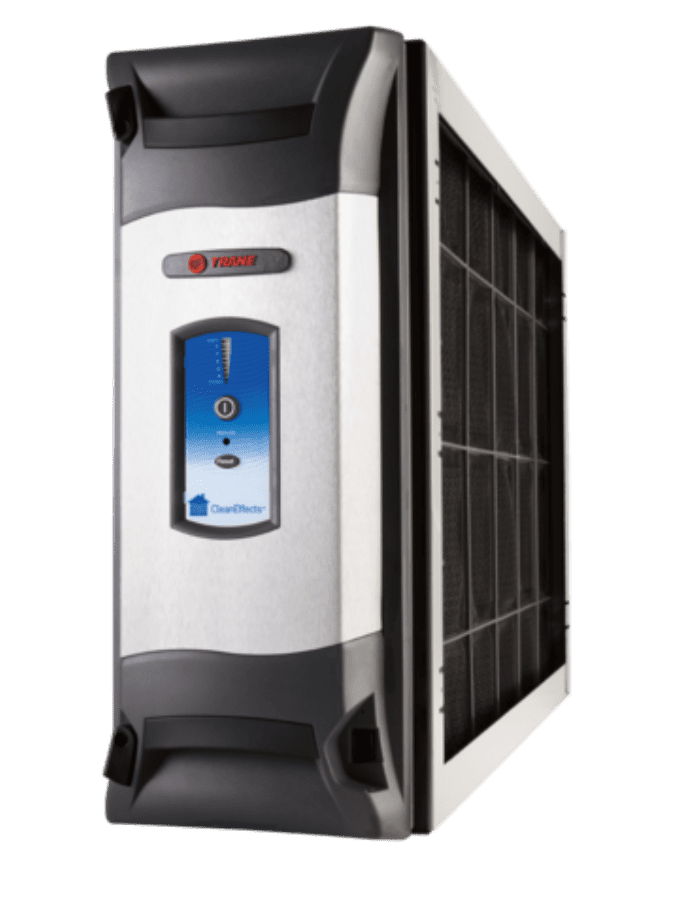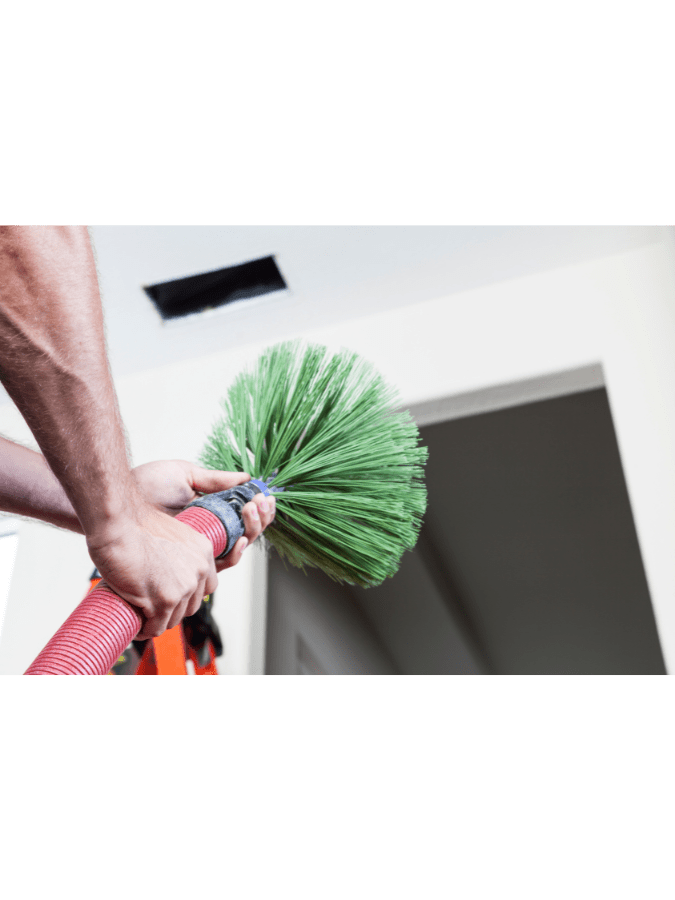Introduction

In the vibrant city of San Diego, where the sun shines bright and temperatures can soar, maintaining an energy-efficient home is not just a luxury—it's a necessity. Whether you're looking to cut down on utility bills or reduce your carbon footprint, understanding energy efficiency in your HVAC system can make all the difference. In this article, we’ll explore comprehensive energy efficiency tips from the Best San Diego HVAC Company, Air Plus Heating & Cooling. With expertise in AC repair in San Diego and a commitment to customer satisfaction, we’re here to guide you through practical steps to enhance your home's comfort while saving money.
Energy Efficiency Tips from the Best San Diego HVAC Company
Understanding Energy Efficiency in HVAC Systems
When it comes to HVAC systems, energy efficiency refers to how effectively a heating or cooling system uses energy to provide comfortable indoor temperatures. According to the U.S. Department of Energy, an energy-efficient HVAC system can significantly reduce energy consumption and costs.
Why is Energy Efficiency Important?
Cost Savings: By improving your home's energy efficiency, you can see substantial savings on your monthly utility bills. Environmental Impact: Reducing energy consumption lessens greenhouse gas emissions and helps combat climate change. Increased Comfort: Efficient systems maintain consistent temperature levels throughout your home.Choosing the Right HVAC System
Selecting Energy-Efficient Models
When considering an upgrade or replacement of your current system, opt for ENERGY STAR® rated equipment. These models meet strict energy efficiency guidelines set by the Environmental Protection Agency (EPA).
The Role of SEER Ratings
The Seasonal Energy Efficiency Ratio (SEER) measures cooling output during a typical cooling season divided by total electric energy input during that same period. A higher SEER rating indicates greater efficiency.
Regular Maintenance for Optimal Performance
The Importance of Routine Inspections
Regular maintenance is essential for ensuring that your system operates efficiently year-round. Schedule professional inspections at least once a year with a reliable HVAC contractor in San Diego.
Changing Air Filters Regularly
Dirty air filters restrict airflow and decrease efficiency. You should check and replace these filters every one to three months, depending on usage.
Insulation Matters: Keeping Cool Air In and Hot Air Out
Investing in Quality Insulation
Proper insulation is crucial for maintaining indoor temperatures without overworking your HVAC system. Consider upgrading your insulation if it’s old or insufficient.
Sealing Ducts for Maximum Efficiency
Leaky ducts can lead to significant energy loss—upwards of 30%! Sealing any gaps will keep conditioned air inside and improve overall system performance.
Smart Thermostats: The Future of Home Climate Control
Benefits of Smart Thermostats
Smart thermostats can be programmed or controlled remotely via smartphones, allowing you to optimize heating and cooling schedules based on when you're home.
Learning Capabilities for Enhanced Comfort
Many smart thermostats have learning capabilities that adjust settings based on user behavior, which can further enhance efficiency.
Utilizing Ceiling Fans Effectively
How Ceiling Fans Aid Energy Efficiency
Ceiling fans help circulate air within rooms, making it Air Plus Heating & Cooling in san diego feel cooler in summer and warmer in winter when used correctly.
Setting Fans for Seasonal Use
- In summer: Set fans to run counterclockwise. In winter: Reverse fan direction for clockwise airflow to distribute warm air evenly.
Taking Advantage of Natural Ventilation
Opening Windows Strategically
Take advantage of cooler evening breezes by opening windows rather than relying solely on AC—this natural ventilation reduces reliance on mechanical cooling systems.
Using Exhaust Fans Wisely
Utilize exhaust fans in kitchens and bathrooms to remove excess heat and humidity without wasting energy on air conditioning.
Landscaping for Energy Efficiency
Strategic Plant Placement
Planting trees strategically around your property provides shade during hot months while allowing sunlight during cooler seasons, naturally regulating indoor temperatures.
Choosing Native Plants
Opting for native plants minimizes water use while also enhancing the aesthetics of your yard without excessive maintenance efforts.

Understanding Your Utility Bill: A Key to Savings!
Reading through your utility bill might seem daunting at first glance, but it holds valuable information about where you can make changes!
Look at seasonal trends. Identify peak usage times. Compare rates with other providers if available.Frequently Asked Questions
1. How often should I schedule AC repair in San Diego?
Schedule AC repairs as soon as you notice issues; regular maintenance annually is also crucial!
2. What are signs my HVAC system needs servicing?
Common signs include unusual noises, inconsistent temperatures, increased bills, or strange smells.
3. Can I install a thermostat myself?
While many homeowners successfully install smart thermostats themselves, consider hiring an expert if you're unsure about wiring or compatibility with existing systems.
4. How does proper insulation affect my heating/cooling costs?
Quality insulation keeps conditioned air inside longer; hence reducing workload on HVAC systems translates into lower utility bills!
5. Are there tax incentives for upgrading my HVAC system?
Yes! Look into federal tax credits or local rebates that encourage homeowners to invest in efficient systems—check IRS guidelines!
6. What's the average lifespan of an HVAC unit?
Most units last between 10-15 years; however regular maintenance may extend their lifespan significantly!
Conclusion
In conclusion, enhancing your home's energy efficiency doesn’t have to be overwhelming! By following these tips provided by Air Plus Heating & Cooling—the Best San Diego HVAC Company—you'll not only save money but also contribute positively toward the environment! Remember that small changes lead up big results so don’t hesitate—start implementing them today! Whether it's scheduling necessary repairs or simply adjusting thermostat settings—you hold power over how efficiently you manage heating and cooling needs all year round!